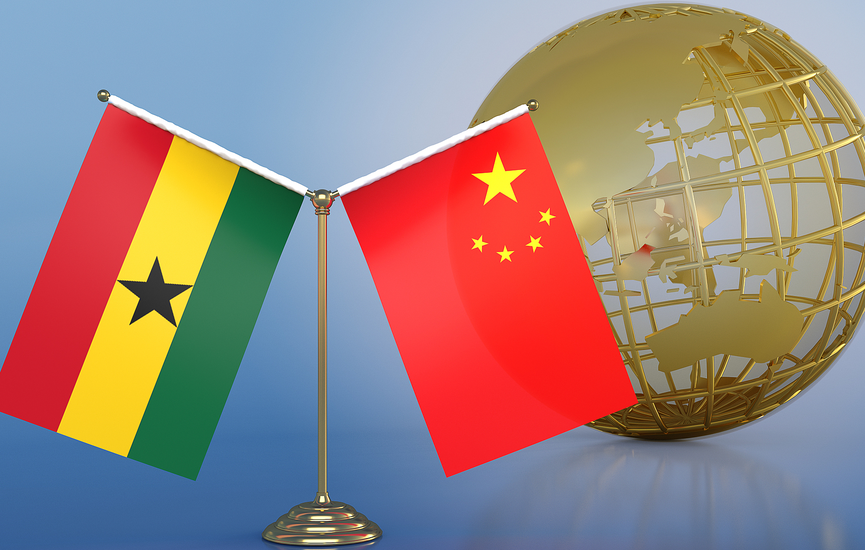Ghana and China are gearing up to formalize a sweeping zero-tariff agreement by month’s end, marking a bold advancement in trade ties. The pact, already agreed in principle, would grant Ghanaian and African exports duty-free access to Chinese markets, opening new frontiers for agro-processors, manufacturers, and exporters across the continent. President Mahama, speaking in Beijing, described China’s move as a vote of confidence in Ghana and Africa’s economic potential.
In 2024, China accounted for nearly half of Ghana’s import volume, while Ghana’s exports to China rose meaningfully. This disproportionality has long sparked debate over trade balance, but the impending tariff waiver promises to rebalance opportunity more equitably. With zero tariffs applied, Ghana hopes to stimulate export growth, expand its industrial base, and integrate more deeply into global value chains.
The agreement is intended to cover all 53 African nations, not just Ghana, potentially redefining China-Africa trade norms. It signals a broader diplomatic and economic posture in which China aims to cement stronger, more reciprocal partnerships with the continent. For Ghana, it is a chance to reposition itself as a hub for value-added exports rather than merely a commodity supplier.
At home, the government will need to mobilize capacity logistics, infrastructure, quality control, and production efficiency to meet new demand. If Ghana can rise to the challenge, it may not only deepen ties with China but also serve as a model for other African countries eyeing more balanced trade relationships with global partners.
